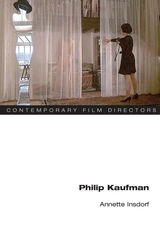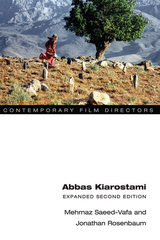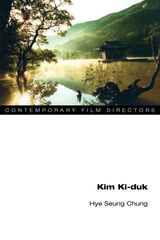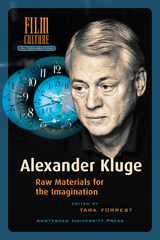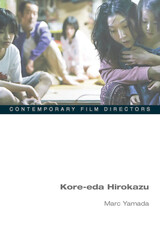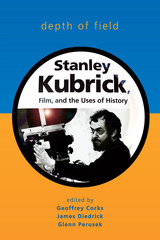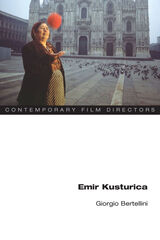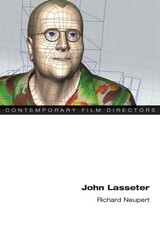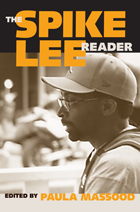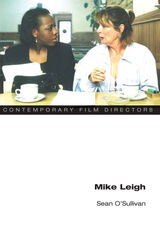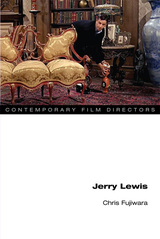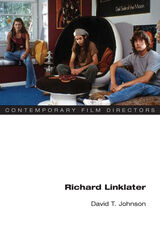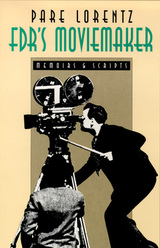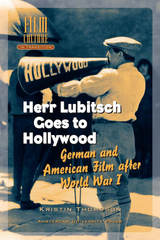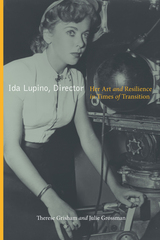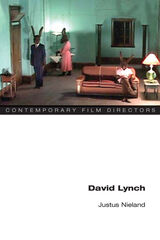Emir Kusturica
University of Illinois Press, 2015
Cloth: 978-0-252-03889-1 | Paper: 978-0-252-08044-9 | eISBN: 978-0-252-09685-3 (standard)
Library of Congress Classification PN1998.3.K88B4525 2015
Dewey Decimal Classification 791.430233092
Cloth: 978-0-252-03889-1 | Paper: 978-0-252-08044-9 | eISBN: 978-0-252-09685-3 (standard)
Library of Congress Classification PN1998.3.K88B4525 2015
Dewey Decimal Classification 791.430233092
ABOUT THIS BOOK | AUTHOR BIOGRAPHY | REVIEWS | TOC
ABOUT THIS BOOK
Emir Kusturica is one of Eastern Europe's most celebrated and influential filmmakers. Over the course of a thirty-year career, Kusturica has navigated a series of geopolitical fault lines to produce subversive, playful, often satiric works. On the way he won acclaim and widespread popularity while showing a genius for adjusting his poetic pitch--shifting from romantic realist to controversial satirist to sentimental jester.
Leading scholar-critic Giorgio Bertellini divides Kusturica's career into three stages--dissention, disconnection, and dissonance--to reflect both the historic and cultural changes going on around him and the changes his cinema has undergone. He uses Kusturica's Palme d'Or winning Underground (1995)--the famously inflammatory take on Yugoslav history after World War II--as the pivot between the tone of romantic, yet pungent critique of the director's early works and later journeys into Balkanist farce marked by slapstick and a self-conscious primitivism.
Eschewing the one-sided polemics Kusturica's work often provokes, Bertellini employs balanced discussion and critical analysis to offer a fascinating and up-to-date consideration of a major figure in world cinema.
Leading scholar-critic Giorgio Bertellini divides Kusturica's career into three stages--dissention, disconnection, and dissonance--to reflect both the historic and cultural changes going on around him and the changes his cinema has undergone. He uses Kusturica's Palme d'Or winning Underground (1995)--the famously inflammatory take on Yugoslav history after World War II--as the pivot between the tone of romantic, yet pungent critique of the director's early works and later journeys into Balkanist farce marked by slapstick and a self-conscious primitivism.
Eschewing the one-sided polemics Kusturica's work often provokes, Bertellini employs balanced discussion and critical analysis to offer a fascinating and up-to-date consideration of a major figure in world cinema.
See other books on: Bertellini, Giorgio | Criticism and interpretation | Direction & Production | Entertainment & Performing Arts | Film
See other titles from University of Illinois Press

